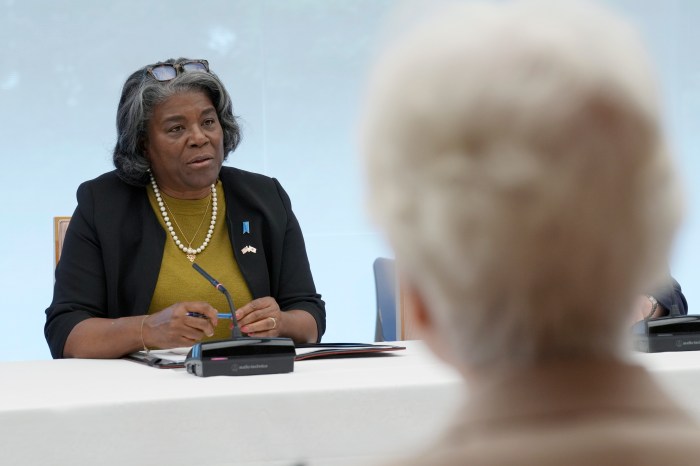NEW YORK (Reuters) – When Lynda Steele’s father was diagnosed with Alzheimer’s a couple of years ago, she faced an impossible choice.
Continue as host of her popular Vancouver radio show, and try to juggle caregiving duties – or step away from her job, and spend more time with her dad in the last months of his life?
In the last week of May, she finalized that choice, and signed off the air.
“I went through periods of great guilt, thinking of my dad by himself in a room, wondering why his kids aren’t visiting,” Steele says. “Parking my career just seemed like the right thing to do.”
It is a life-altering decision being faced by more and more people. As the Baby Boomers, one of the biggest generations in U.S. history, advance in age, their adult children are often stepping in to help with caregiving duties – and that comes with costs.
According to a recent study from money managers Fidelity Investments, 62% of caregivers report being occasionally overwhelmed with financial stress.
Look at the numbers, and it is not hard to see why: Of those who stepped back from their careers to focus on caregiving – whether for one’s kids, or for one’s elderly parents – the average time out of the workforce was 20 months, and 53% said the period turned out to be longer than expected.
Meanwhile, 37% said they earned less when they returned to work, taking a median 40% pay cut.
“People don’t fully understand the toll this takes on other aspects of your life, like your career or your mental health,” says Meredith Stoddard, Fidelity’s vice president of life events planning. “They go in largely unprepared for the challenges, and are not sure what they’re getting into.”
Of course, since it is family, it is still a choice that most people would make. Making sure your elderly parents are okay trumps any financial worries, as it did with Steele.
Caregivers should be clear-eyed about the sacrifice involved and have a roadmap going in. Some advice from the experts:
TRY TO NOT PAY OUT OF YOUR OWN POCKET
“Make sure you are maximizing any benefits they are eligible for,” says Amy Goyer, AARP’s family and caregiving expert and author of “Juggling Life, Work and Caregiving.” That includes veteran’s benefits, long-term care insurance and government services.
Another aspect is housing. A reverse mortgage, home equity line of credit or utility assistance might help ease the financial burden.
Surprisingly, in the Fidelity study, 64% of working caregivers said they didn’t even ask their employer if special benefits or flexible options were available. A helpful workbook for all these financial issues for caregivers: http://www.aarp.org/caregivermoney
ENCOURAGE ALL SIBLINGS TO CHIP IN
If one sibling in particular is stepping out of the workforce to care for an elderly parent, the sacrifice involved is significant. Not just the lost income, but unrealized raises and promotions, healthcare coverage, retirement contributions (and future gains on those savings), and more. That is why other siblings should be aware of the full extent of that sacrifice, and help out financially as much as they are able.
“Often the responsibility falls on one of the adult siblings, and it can cause a lot of family conflict,” says Stoddard.
To help understand the full costs of leaving the workforce, Fidelity even put together a calculator: (https://myguidance.fidelity.com/ftgw/pna/public/lifeevents/caregiving/cost-of-leaving-workforce/calculator?urltype=https:%2F%2F)
PLAN AHEAD
“The worst thing is to be in the middle of a crisis, and to have to figure out how to pay for everything,” says Goyer, who herself – even as a caregiving expert — was driven into bankruptcy by having to care for both parents and her sister.
That means things like setting up powers of attorney, for healthcare and finances. It means arranging the estate planning and will situations. It might mean adding your name to their savings or checking accounts, so you can handle their bills if it comes to that. Says Goyer: “Take care of whatever you can before things are at a crisis point.”
As for Lynda Steele, she plans to resume work at a later date – whether back on the radio, or in something completely new. But in sharing her story publicly, she is amazed at how many others are dealing with the exact same situation.
“If anyone out there is unfamiliar with long-term care, you probably will be at some point in your life,” Steele says. “It’s gut-wrenching – and it feels like an ultra-marathon.”
(Editing by Aurora Ellis; Follow us @ReutersMoney or at http://www.reuters.com/finance/personal-finance.)




















